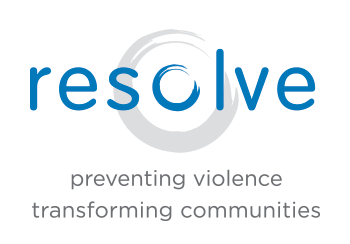Violence in the Media Creates Fear, Not Just Violence
I love watching movies with my friends. I deeply dislike violence in the media. But, you know, the one perk to it is hearing my friends shout (at home on the couch!) “Poke his eyes! Groin!” as the poor woman on the screen is unable to do anything in the countless situations she falls victim to. After all, one in eight Hollywood movies depict sexual assault.
Many of us know that the violent scenes in the movies and TV are primarily put in gratuitously to titillate the viewer. Frequently it is not crucial to the plot, and even when it is, they show far more detail than necessary. Thankfully my friends are very adept at helping the (usually) woman get out of the situation – the situation we were all warning her not to get into in the first place. Because we knew, right? There was ominous music that she clearly ignored when she walked down that alley!
Now, putting aside the significant lack of skills that the average heroine [sic] in a movie has, there is another issue to be addressed here… Just how many rapists are hanging out in the bushes with knives or sneaking in windows?? Watching a movie, TV, or the six o’clock news, you’d think that that was the most common threat that people faced. Yet, statistically, 70%-80% of sexual assault victims knew their attackers. But that is not what we see on TV. Why?
It’s less exciting! News stations will search the nation to find the most scandalous act of violence to bring to your home television. The craving for the most extreme violence out there is appalling enough. But what is even more disturbing is what these images do to people’s expectations in life. Those who would walk with confidence become plagued with the dangers that supposedly lurk around every corner. Many become afraid of walking in nature or of feeling a breeze through their window because it appears that that is where the biggest risk exists.
Much of the focus of violence in the media has been to speculate whether it promotes violence in real life. However, it decidedly cultivates and shapes people’s fears. And I, for one, a m outraged that in the name of informing and entertaining society, that it is scaring people I love into living smaller, more cautious lives than necessary.
